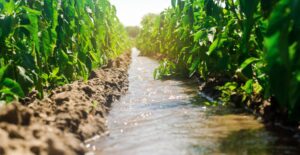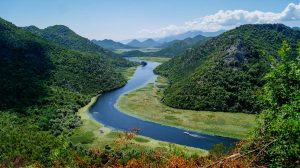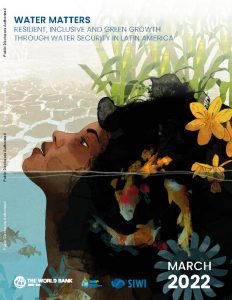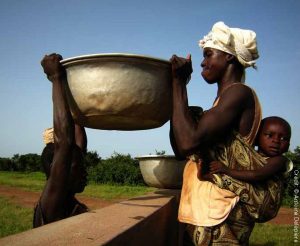Indigenous people, water, and climate change
This policy brief was prepared following the momentous UNFCCC Conference of the Parties (COP25) outcome in which Parties adopted a two-year workplan for the Local Communities and Indigenous Peoples’ Platform (LCIPP).
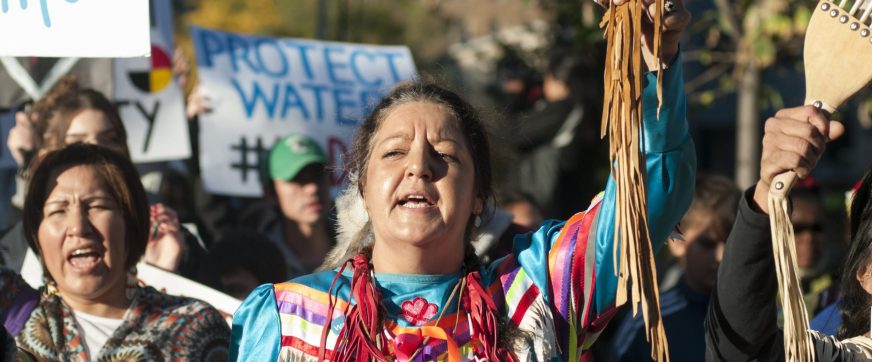
Indigenous peoples play a vital role when it comes to the environment – they are custodians of many of the world’s most fragile and important ecosystems, including water ecosystems and headwaters. Indigenous peoples manage many of the water-related risks in a changing climate with traditional knowledge and solutions, already implementing what could be termed as both mitigation and adaptation strategies, that deserve greater attention and consideration within national and global climate action arenas.
The adoption of the workplan recognizes the important role and contribution of indigenous peoples as partners and agents for change, equipped with traditional knowledge, customs, and solutions in mitigating and adapting to climate change.
As Parties prepare for COP26, including the task of enhancing their Nationally Determined Contributions (NDCs), this policy brief highlights water-related insights and solutions emanating from indigenous communities in our global response to climate change.
